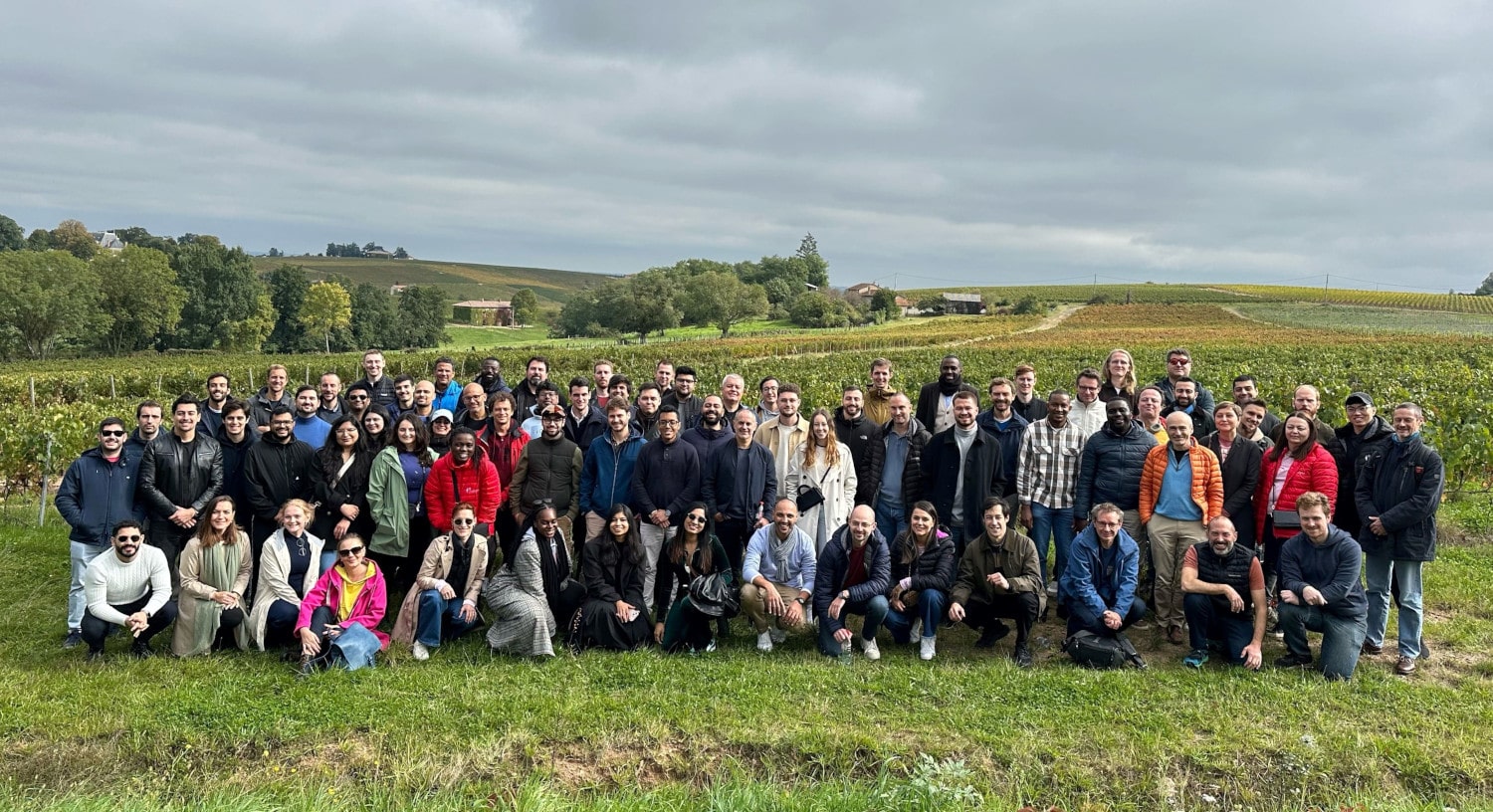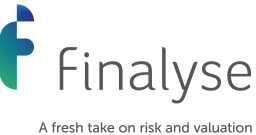Machine Learning Model Validation Framework
Finalyse offers a classic approach holding true for Machine Learning model validation. Our model validation scope can be tailored to accommodate your requirements: A purely technical and qualitative exercise focusing on whether a certain methodological choice is fit for the intended purpose. A larger scope covering the implementation of a certain methodology. And ultimately, a validation of the whole process through which the model is deployed within the organisation.
How does Finalyse address your challenges?
Bring in the experience of a multidisciplinary team of experts with extensive exposure to regulatory and non-regulatory models.
Unleash the full power of your ML models: ascertain that you can justify their performance, interpret and explain their outputs and find the right balance in case of multi-objective trade-offs.
Ensure optimal communication between your business lines, subject matter experts and the data scientists creating your ML models.
Ease the compliance with the regulatory expectations of having a proper knowledge of - and widespread awareness around the models in use (TRIM, BCBS 2005, CRD Section II, CRR2 Art. 189 and 293).
Bring in our framework and governance set-up capabilities to ensure the best traction for your models.
Ensure independence of your validation from all possible agency pressure.
How does it work in practice?
Business Case
You are using an ML model to screen credit applications. You are not aiming at minimizing the level of defaults, but are in fact trying to optimise your risk-return payoff. And you want to do it in a way compliant with the European Regulatory Framework, implying e.g.:
- No implicit or explicit discrimination on certain demographics
- Privacy respect / right to be forgotten
- Actionability of the model and overall integration in the risk management framework and governance
Working with Finalyse on your Model Validation Framework will allow you to leverage on the broad experience we have accumulated in the area of risk measurement and management, as well as on varied expert profiles brought together under a team.
Key Features
- A healthy mix of quantitative, business and regulatory profiles for all your ML validation needs.
- We can bring clarity and explainability when complexity blurs the underlying messages, or go looking for that elusive optimisation in your place – just as long as we don’t validate it as well.
- Keeping tracks of the European regulatory progression on ML models as well as more local initiatives to ensure we have the best practices in place.

Augustin de Maere is a Principal Consultant based in Finalyse Brussels, leading the Market Risk & ALM practice with François-Xavier Duqué, with a specific focus on Interest Rate Risk and Economic Capital modelling. He has been involved in the development or validation of several interest rate models, covering all the aspects of the model chain, from interest rate scenario generators to the calibration of behavioural models (non-maturity deposits, …) and the building of portfolio revaluation engine.

Nemanja Djajić is a Managing Consultant with more than 12 years of experience in credit risk modeling and data science area. He gained his experience through multiple roles in banking industry including the position of data science department director in one of the biggest banks in Eastern Europe. Nemanja’s main area of expertise lies within the development and validation of risk and business related models, using traditional or machine learning methodologies.
Finalyse InsuranceFinalyse offers specialized consulting for insurance and pension sectors, focusing on risk management, actuarial modeling, and regulatory compliance. Their services include Solvency II support, IFRS 17 implementation, and climate risk assessments, ensuring robust frameworks and regulatory alignment for institutions. |

Our Insurance Services
Check out Finalyse Insurance services list that could help your business.
Our Insurance Leaders
Get to know the people behind our services, feel free to ask them any questions.
Client Cases
Read Finalyse client cases regarding our insurance service offer.
Insurance blog articles
Read Finalyse blog articles regarding our insurance service offer.
Trending Services
BMA Regulations
Designed to meet regulatory and strategic requirements of the Actuarial and Risk department
Solvency II
Designed to meet regulatory and strategic requirements of the Actuarial and Risk department.
Outsourced Function Services
Designed to provide cost-efficient and independent assurance to insurance and reinsurance undertakings
Finalyse BankingFinalyse leverages 35+ years of banking expertise to guide you through regulatory challenges with tailored risk solutions. |

Trending Services
AI Fairness Assessment
Designed to help your Risk Management (Validation/AI Team) department in complying with EU AI Act regulatory requirements
CRR3 Validation Toolkit
A tool for banks to validate the implementation of RWA calculations and be better prepared for CRR3 in 2025
FRTB
In 2025, FRTB will become the European norm for Pillar I market risk. Enhanced reporting requirements will also kick in at the start of the year. Are you on track?
Finalyse ValuationValuing complex products is both costly and demanding, requiring quality data, advanced models, and expert support. Finalyse Valuation Services are tailored to client needs, ensuring transparency and ongoing collaboration. Our experts analyse and reconcile counterparty prices to explain and document any differences. |

Trending Services
Independent valuation of OTC and structured products
Helping clients to reconcile price disputes
Value at Risk (VaR) Calculation Service
Save time reviewing the reports instead of producing them yourself
EMIR and SFTR Reporting Services
Helping institutions to cope with reporting-related requirements
CONSENSUS DATA
Be confident about your derivative values with holistic market data at hand
Finalyse PublicationsDiscover Finalyse writings, written for you by our experienced consultants, read whitepapers, our RegBrief and blog articles to stay ahead of the trends in the Banking, Insurance and Managed Services world |

Blog
Finalyse’s take on risk-mitigation techniques and the regulatory requirements that they address
Regulatory Brief
A regularly updated catalogue of key financial policy changes, focusing on risk management, reporting, governance, accounting, and trading
Materials
Read Finalyse whitepapers and research materials on trending subjects
Latest Blog Articles
Contents of a Recovery Plan: What European Insurers Can Learn From the Irish Experience (Part 2 of 2)
Contents of a Recovery Plan: What European Insurers Can Learn From the Irish Experience (Part 1 of 2)
Rethinking 'Risk-Free': Managing the Hidden Risks in Long- and Short-Term Insurance Liabilities
About FinalyseOur aim is to support our clients incorporating changes and innovations in valuation, risk and compliance. We share the ambition to contribute to a sustainable and resilient financial system. Facing these extraordinary challenges is what drives us every day. |

Finalyse CareersUnlock your potential with Finalyse: as risk management pioneers with over 35 years of experience, we provide advisory services and empower clients in making informed decisions. Our mission is to support them in adapting to changes and innovations, contributing to a sustainable and resilient financial system. |

Our Team
Get to know our diverse and multicultural teams, committed to bring new ideas
Why Finalyse
We combine growing fintech expertise, ownership, and a passion for tailored solutions to make a real impact
Career Path
Discover our three business lines and the expert teams delivering smart, reliable support


